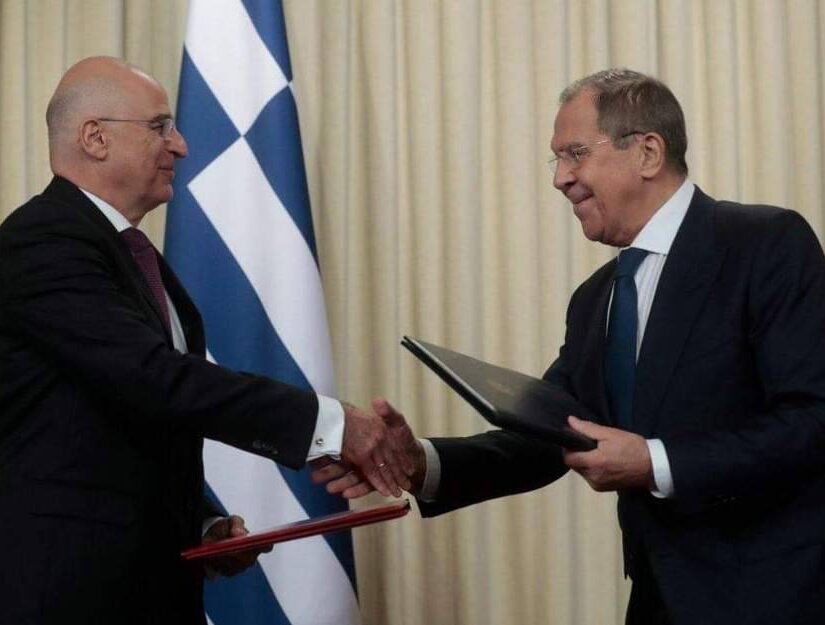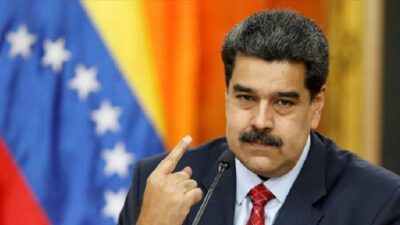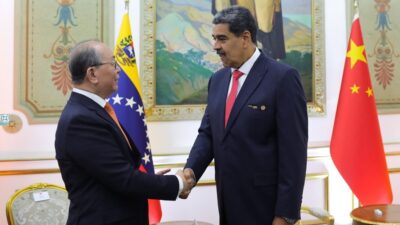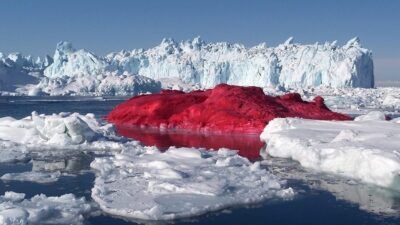Nefeli Lygerou: Why is Lavrov coming to Athens?
17/10/2020
Following the announcement of the Russian embassy in Athens that Moscow recognizes the legal right of Greece under international law to extend its territorial waters to 12 miles, came the news of Lavrov’s visit. The Russian Foreign Minister will arrive in Athens on October 26. In essence, the announcement acted as a gesture of goodwill to prepare the ground.
The truth is that none of the above happened by chance. After the rift in Greek-Russian relations under the ministry of Nikos Kotzias, Nikos Dendias had tried to close that rift. So, here we go, following a remarkable behind-the-scenes diplomatic process.
The timing of Lavrov’s visit is not just coincidental. The tension that has prevailed on the front of Greek-Turkish relations adds extra weight to this visit. Moscow’s move, after all, is not at all unrelated to what is happening in our wider region.
It is obvious that to some extent the Russian side connects informally, but essentially its relations with Athens to those with Ankara. The announcement on Greek territorial waters and Lavrov’s visit are part of the close framework of bilateral relations, but at the same time, it is an indirect but clear message to Tayyip Erdogan. It is obvious to the naked eye that although Russia and Turkey have come close, at the same time, their relations are difficult. This is because the interests of the two countries are conflicting on all local fronts, in Syria, Libya, and the Caucasus.
The only reason Moscow and Ankara are keeping close is their mutual interest in the “big picture”. Vladimir Putin is making compromises with his Turkish counterpart on the individual local fronts in order to keep open the rift in Turkey’s relations with the West and thus reduce the pressure exerted on him by the US and Europe in various ways.
On the other hand, Tayyip Erdogan needs Russia to balance American pressure to return to the “western fold”. Let’s not forget that he is convinced that behind the failed coup in July 2016 there was an American finger.
The messages of Lavrov’s visit
In particular, however, Turkey’s open intervention to support, in various ways, the Azeri attack on the Armenian enclave of Nagorno-Karabakh has caused great inconvenience to Russia, which considers the Caucasus to be its “backyard” and “soft underbelly” from a geopolitical point of view. Therefore, the announcement of the expansion of Greek territorial waters and Lavrov’s visit should be seen as an indirect response of Moscow to Ankara.
It is no coincidence that in an interview on Russian radio, Lavrov said that Russia “never considered Turkey a strategic ally, but a strategic partner, a relationship that is of strategic importance in many respects.” Coming to Athens, then, Sergei Lavrov is reminding Ankara that his “game” does not just include Turkey.
It should be noted that the Russian move actually favors Greece. In particular, Moscow’s positive stance on the issue of the expansion of Greek territorial waters dispels the impression that the problem was not just the Turkish casus belli but also the opposition of the Americans and the Russians. Washington may not have made a similar statement on this issue, but it is clear that it will not oppose such a move, at least not directly.
This fact diplomatically strengthens Athens in moving in the direction of the expansion of territorial waters. If there is the necessary political will on its part, it can, by securing the “green light” from the EU and Washington, proceed to expansion in all areas, except the eastern Aegean, since in the past it had negotiated territorial waters less than 12 miles.





